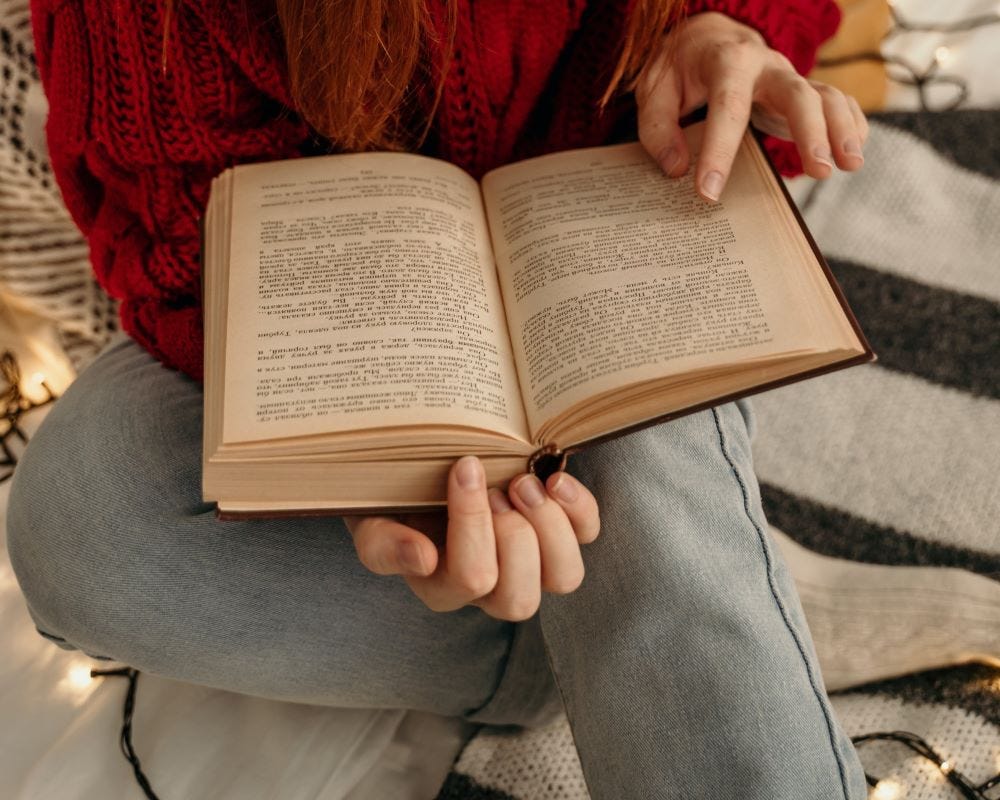By Sarah Christie Prospero
The lyrics open in a haunting minor key, and Carly Simon sings.
My father sits at night with no lights on, his cigarette glows in the dark. The living room is still; I walk by, no remark.
I tiptoe past the master bedroom, where my mother reads her magazines. I hear her call sweet dreams, but I forgot how to dream.
And as she sings about married life, its silent noons, angry nights, and tearful dawns, I sing along to the song in my room, too young to be telling anyone, “it’s time we moved in together, to raise a family of our own you and me,” but old enough to know about married people living separate lives, in separate rooms. Two people long past the you and me stage, connected only through parenthood. And sometimes, barely that.
My father sits in a low-slung, rust-coloured leather chair with oak arms, one of a pair which live beside the fireplace and which he favours over any others in the living room. They are impossibly small, or so one would imagine, too small to hold a man his height and with legs so long. He is reading The Globe and Mail, The New Yorker, anything he gets his hands on, or so it seems to me. Leather-bound books of poetry, favourite novels, old atlases, the Encyclopedia Britannica. Medical journals. Mad Magazine. His daughter’s poems. I think.
So much of memory is dependent on a single image, isn’t it—mine of him in that chair, for instance? When I remember my father reading, I see him in a slightly faded, though timeless photograph. Almost no time exists in it at all, except that I know it’s late afternoon, the lights are on, the drapes are pulled. There is a stillness to the scene. He is a solitary figure. He is smoking his pipe.
As though I am watching an old home movie, I see my mother reading in a brighter light, and she is in a busier place than our dim, quiet living room on Conrad Avenue, maybe the kitchen—possibly the cottage verandah. She is never entirely alone. She is rarely still. It’s hard to picture her sitting down when I was a child. I can almost hear the pages of her magazines being turned—sense her slightly restless, her somewhat less than rapt attentiveness as she sits lightly on her stool and peruses the Ladies Home Journal, stopping briefly to scan a recipe, as though she has someplace to be, or something else to do, soon. She reads for about the time it takes to finish her cigarette.
I remember the feeling of the magazines slick and shiny beneath my fingers when I opened them to see inside, the sight of the smiling, cigarette-waving models in their pointy-toed shoes and pretty day dresses, clever kerchiefs tied under their chins. My mum and they were like happy women waving at each other. Well, they looked happy.
When do my parents talk about the things they read? I know they must do so sometimes because there are also faint, scratchy audio tapes in my head of conversations about the necessity of boycotting South African wines, products by Nestle, and Esso gasoline after an oil spill; about Screwtape’s nephew Wormwood and his patient, subjects which mean nothing to me, but which tell me that my parents share a life I know nothing of, share concerns about the same issues—even read the same books.
C.S Lewis and James Joyce fascinate them. They are divided on Thomas Mann and William Faulkner. They laugh and sing to Gilbert and Sullivan together sometimes, or Tom Lehrer, the first of which I can follow, the second I can glean no meaning from at all. All it means to me is that sometimes they are a couple.
The bookshelf on the wall at the cottage is filled with flimsy paperbacks, with titles like The Lost Weekend, Dirty Eddie and A Farewell to Arms, the luridly illustrated covers of which I find mildly erotic. When do my parents read these, I wonder, scanning the rows? The type is tiny, the pages have no pictures.
I like the books on the shelf in the corner with the books they read to us: Kathleen Hale’s Orlando stories and Edith Nesbit’s Railway Children, Edward Lear’s Book of Nonsense and Hillaire Beloc’s Bad Child’s Book of Beasts. I don’t always understand why they make my parents laugh—my dad especially—but I know it has to do with his growing up with them. My mother likes them too, knows they help him remember the happy years of his childhood, and she somehow tries to reinvent her sad ones by living vicariously through his. I don’t understand the depth of this yet. I just laugh when they laugh.
Every night, one of my parents reads to me and my brothers. Every night, I say thank you God for a wonderful day, like Christopher Robin saying his prayers at the foot of his bed. I say God bless mummy and daddy. Sometimes we sing the song version of the prayerful poem together. And after they are gone, each night I whisper and ask Him to please make them happy.



Always wonderfully written with a message of purpose. I think a lot of people can relate- about their parents and themselves. Are the memories better than the reality?
Beautiful piece Sarah. I recall a similar separateness between my parents as I grew up and questioning their relationship occasionally. They weathered their storms. Your piece was certainly evocative . Thanks.